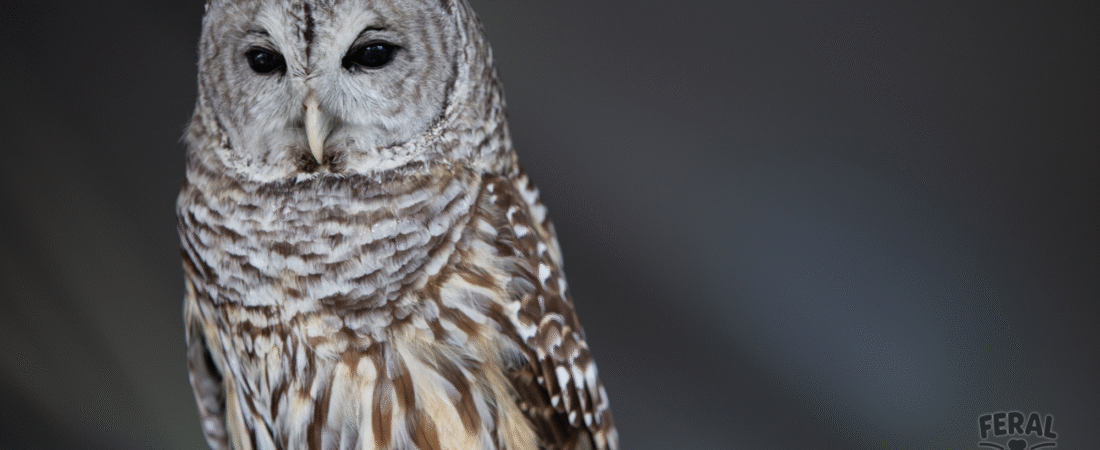Introduction: Beauty at Risk
From the vibrant colors of macaws to the intelligent eyes of African Greys, parrots and exotic birds captivate people worldwide. Unfortunately, this fascination fuels the illegal pet trade, a billion‑dollar industry that threatens some of the most beautiful and intelligent species on Earth.
Illegal bird trade doesn’t just hurt wild bird populations — it often condemns captured individuals to poor living conditions, stress, disease, and untimely death. As animal lovers, understanding the issue is the first step to stopping it.
1. Which Birds Are Targeted?
Popular Birds in the Trade
- African Grey Parrot (Psittacus erithacus)
- Highly intelligent, can mimic human speech.
- Endangered due to trapping — populations have declined by 50% in some regions.
- Macaws (Blue-and-Gold, Scarlet, Hyacinth)
- Known for size, beauty, and personalities.
- Many species endangered due to habitat loss and poaching.
- Cockatoos (Sulphur-crested, Palm, Moluccan)
- Affectionate but demanding species.
- CITES Appendix I (highest protection for many).
- Lovebirds & Conures
- Smaller species also often taken, especially in local markets.
- Songbirds (especially in Southeast Asia)
- Considered status symbols, sold illegally for competitions.
2. How the Illegal Trade Works
- Capture in the Wild: Birds are trapped in nets, glue traps, or stolen from nests. Many chicks die during capture.
- Transport: Birds are smuggled in cruel conditions — hidden in suitcases, tubes, or boxes with poor ventilation. Mortality rates often exceed 50% before reaching buyers.
- Sale: Sold online, in street markets, or black‑market pet stores as “rare pets.”
- Demand: Driven by collectors, pet owners seeking exotic animals, and status symbols.
3. Legal Protections Against Bird Trafficking
International Law
- CITES (Convention on International Trade in Endangered Species): Global treaty regulating trade in endangered species. Many parrots are under Appendix I (trade almost entirely prohibited).
U.S. Laws
- Migratory Bird Treaty Act (MBTA): Protects over 1,000 native bird species. Illegal to capture, possess, or sell without permits.
- Wild Bird Conservation Act (WBCA): Limits import of exotic birds into the U.S. unless from approved breeding programs.
State Laws
- Vary but often stricter than federal law. Always check your local regulations.
4. Why the Illegal Trade is Harmful
- Population Declines: Many species face extinction due to over‑trapping (e.g., African Greys).
- Suffering of Birds: Stress, dehydration, injuries, and disease during smuggling.
- Ecosystem Impact: Removing breeding individuals hurts entire ecosystems.
- Public Health Risks: Zoonotic diseases (like avian influenza, psittacosis) spread through illegal trade.
5. How to Be a Responsible Bird Lover
Only Adopt or Buy Ethically
- Choose rescues or certified breeders who focus on conservation, not profit.
- Ask for documentation proving legal and ethical sourcing.
Avoid Impulse Purchases
- Exotic birds live decades (African Greys 40–50 years, Macaws 60+). They demand long‑term commitment.
Support Conservation Programs
- Donate to or volunteer with organizations like Audubon Society, BirdLife International, or local sanctuaries.
Report Illegal Activity
- Report suspicious wildlife sales to U.S. Fish & Wildlife Service, Interpol Wildlife Crime Unit, or local animal control.
6. Fun Facts: Endangered Birds
- Hyacinth Macaw — the world’s largest parrot, endearing and gentle, but threatened by both logging and capture.
- Palm Cockatoo — known to “drum” on trees with sticks, like using drumsticks, to attract mates.
- African Greys — can learn hundreds of words and concepts; considered as smart as a 5‑year‑old child.
7. FAQs
Q1: Can I legally own an endangered parrot in the U.S.?
Only if bred legally under licensed programs and accompanied by proper paperwork. Wild-caught individuals are illegal to own.
Q2: How do I know if a breeder is ethical?
They provide CITES paperwork, prioritize health over profit, and never sell unweaned chicks. Always visit the facility.
Q3: What happens to confiscated birds?
They are usually placed in sanctuaries or rehabilitation centers. Sadly, many cannot return to the wild.
Q4: Is it safe to buy parrots online?
Be extremely cautious. Many “rare parrot” ads are scams or linked to smuggling. Work only with certified, reputable breeders or rescues.
Q5: Can small birds, like finches or lovebirds, also be trafficked?
Yes. Songbird trade is a huge issue in Asia and Africa, affecting even small species.
Final Takeaway
The illegal pet trade puts some of the world’s most extraordinary birds at risk of extinction — while also causing deeply inhumane suffering for individual animals. As bird lovers, the most powerful tools we have are awareness, ethical choices, and support for conservation.
If you love birds, keep them safe by:
✔ Never supporting illegal or wild-caught trade.
✔ Opting for rescues and licensed breeders.
✔ Supporting conservation groups worldwide.
Together, we can protect these winged wonders for generations to come.

